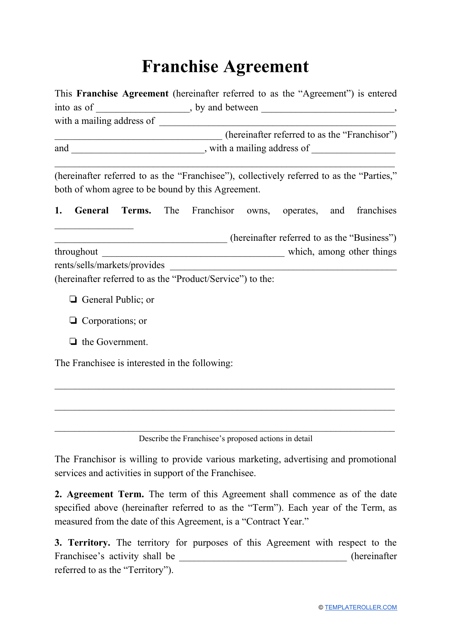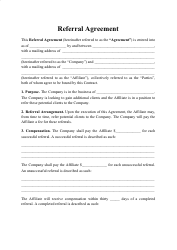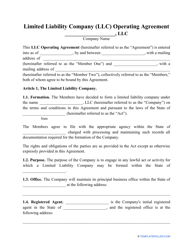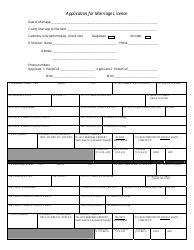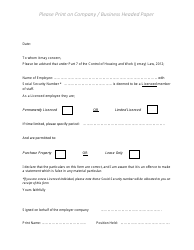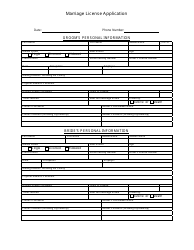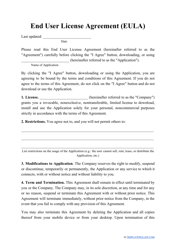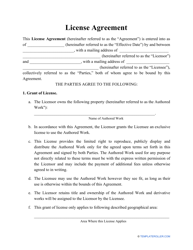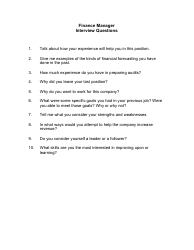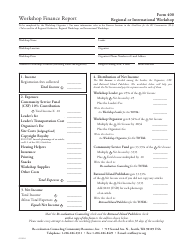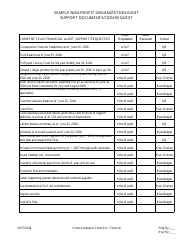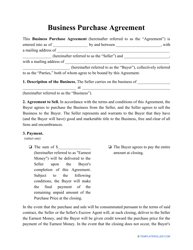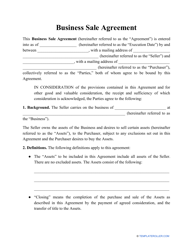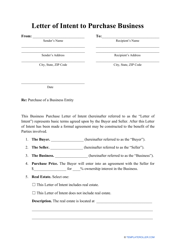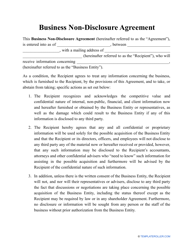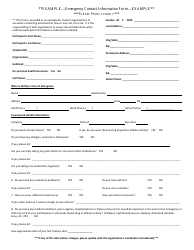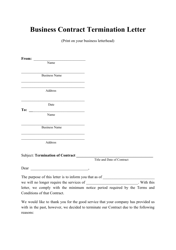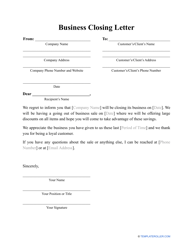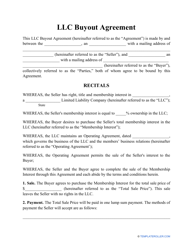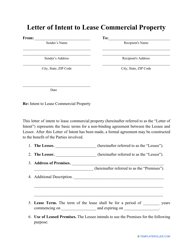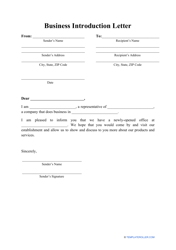Franchise Agreement Template
What Is a Franchise Agreement?
A Franchise Agreement is a legal contract that regulates the relationship between two parties: a franchisor and a franchisee. Under this contract, the franchisor is legally bound to allow the franchisee to use their brand, trademark, and operational model to establish a franchised business that will be associated with the franchisor. The franchisee, in reward, is legally bound to pay the franchisor a fee for selling products or providing services under the franchisor's name.
Alternate Names:
- Franchise License Agreement;
- Business Franchise Contract;
- Franchise Contract.
A downloaded below or you can make your own using our online form builder.
The purpose of the document is to set the duties and rights that each party is entitled to. It lists all of their responsibilities, including payment obligations, which can be presented by a fee and a share of the profit that the franchisee will generate. It is necessary to describe the financial obligations in detail so in the future the involved parties will avoid any questionable situations that may occur.
A Franchise Agreement is usually limited to a certain period of time. Its length can vary from five to ten years but can be shorter or longer spending on the needs of both parties. After the agreement comes to an end, the parties can renew it, otherwise, the franchisee will lose all of their franchised rights.
How to Create a Franchise Agreement?
The terms of the Franchise Agreement have to cover the following aspects:
- Information About the Parties. In the first part of the document, the parties should designate their names and locations, including the zip code, state, county, street name, and building number. This information is needed for identification purposes.
- Description of the Franchise. The parties should describe the subject of their agreement. The franchisor must express their intention to let the franchisee create a business under the franchisor's brand name, while the franchisee must state that they agree to follow the franchisor's requirements and pay them a fee.
- The Franchise's Fees. In this part of the document, the parties will need to designate all of the details concerning the franchise's fees. They should specify its amount, how often it is supposed to be paid, and how it should be transferred. If the fee consists of several parts (for example, the initial fee and annual fee), the parties should describe each of them.
- Rights and Responsibilities. Parties should use this section to designate their primary rights and responsibilities, that they will execute over the course of the contract.
- Signatures. To express their consent with the contents of this document and state that the parties are entering the agreement fully lucid and under their own free will, they should sign the contract and date it.
The content of the agreement will depend on the type of franchise that the parties are interested in, the circumstances of the situation, and other aspects. In addition to the sections mentioned above, they can also include parts such as severability, representatives, amendments, jurisdiction, confidentiality, termination, etc.
How to Get Out of a Franchise Agreement?
Getting out of a Franchise License Agreement is complicated since it legally binds the involved parties to follow it for a certain period of time. Nevertheless, it is possible and there are a few steps that a party should take if they want to terminate the contract. They can include:
- The party that wants to get out of the agreement should start with checking the applicable state law that regulates Franchise Agreements signed in the state. It can help them find common legal ways of terminating such kinds of contracts that can be used in the state;
- Sometimes the agreement itself can contain clauses that regulate its termination, which is why the party that wants to quit the contract should read the contract carefully and look for conditions that might help them. Usually, such conditions are included in the part of the agreement called "Contract Termination," additionally they can provide information on whether there will be penalties if the party would like to terminate the contract before its term (like compensation);
- The parties can also negotiate a mutual termination, where they will develop a set of terms that will be acceptable for both of them. This way is preferable for those parties that will lose less if they terminate the agreement (if it is not profitable for both sides).
Not what you were looking for? Check out these related topics:
